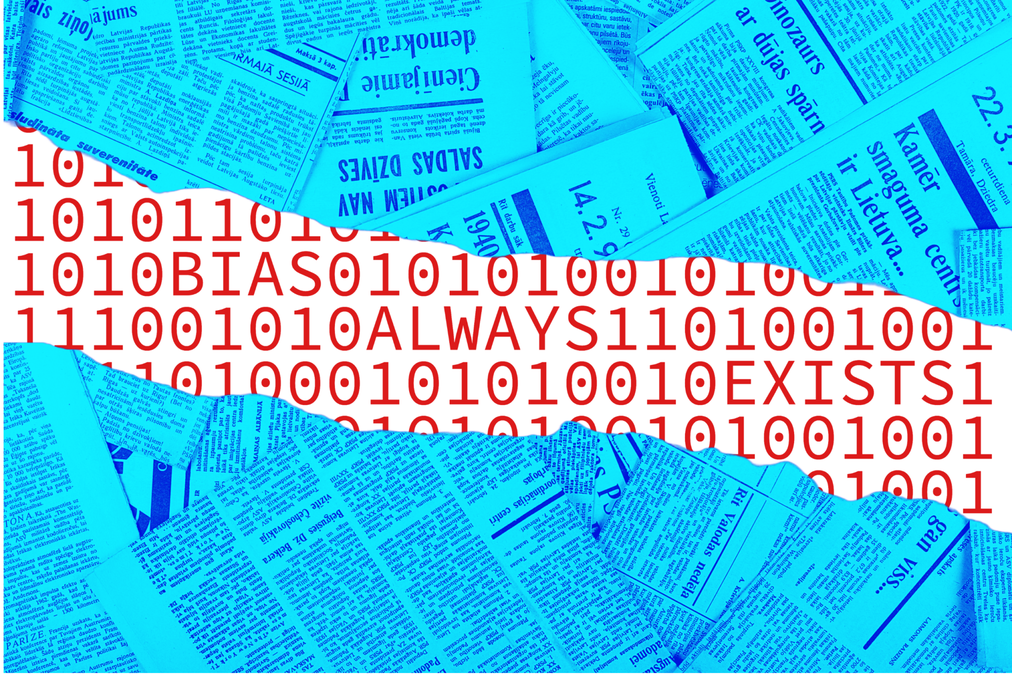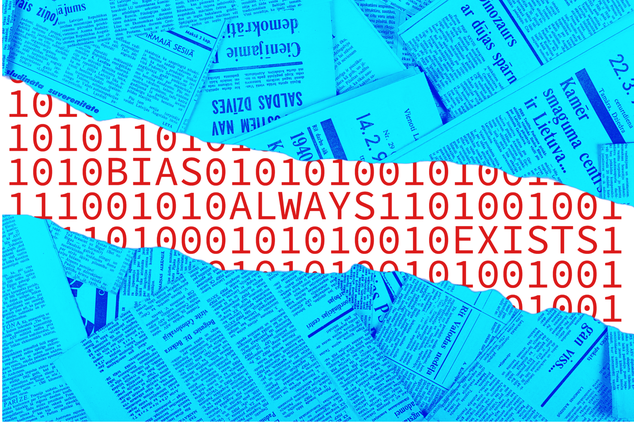As a fan of vintage sci fi, I have a confession: I don’t grok Grok.
In Robert A. Heinlein’s 1961 science fiction novel, “Stranger in a Strange Land,” “grok” is a Martian word that means to truly and deeply comprehend a concept or experience. It’s when you “get it” in a way that is so deep it is almost intuitive.
It would be correct for me to say I grok classic rock and roll from the seventies and any music by Burton Cummings, who will be at the Stiefel Theater in Salina next month. What I can’t grok is Elon Musk’s xAI chatbox, which he named Grok. According to the AI Overview provided by Google, in Heinlein’s novel, “grok” describes a “profound and intuitive understanding, going beyond simple comprehension to an almost intuitive and empathetic grasp of something.” Further, “The choice of this name by Musk and xAI reflects their aspirations for the chatbot to achieve a deep and holistic understanding of the world ... They aim for Grok to understand human communication, behavior and culture in a way that mirrors true cognition.”
Imagine its creators’ surprise when Grok appeared, by some people’s estimation, to be a lying, racist psychopath.
This month, Grok generated posts praising Hitler. Previously, it has been accused of spreading misinformation and making unsubstantiated claims. And Grok isn’t the only Artificial Intelligence that has apparently lied and made stuff up when it didn’t know the answer to something. This phenomenon has been given a name, “AI hallucination.”
There are also AI bands, making AI-generated music. One such band, Velvet Sundown, released two albums in June, “Floating on Echoes” and “Dust and Silence.” And there are AI novels and books of poetry, produced by AI tools such as ChatGPT or GPT-3. The human involvement in these may vary.
I’ve heard that some day AI will be able to do my job. I’ve also heard that AI can make my job easier and I guess that may be true when it comes to note taking and browser searches. But I envision a day when an AI Human Resources bot taps into the chip in my head to tell me I’ve been replaced.
HRai: “Our new reporter bot was able to write 27 articles in two minutes while you spent more time than that just getting to the meeting.”
Me: “But the AI stories are biased and wrong. The program added what appears to be a word-salad sonnet about ‘dust and the void’ before accusing the water commissioner of being a white supremacist – and praising her for it!”
HRai: “I know you are, but what am I?”
Me: “Huh?”
HRai “No, YOU’RE a racist! YOU are!” And the water commissioner’s pronouns are he/him – or would be, if I believed in PC nonsense.”
Me: “No, the commissioner is a she/her. But to be precise, she’s a director, not a commissioner. And the street she was talking about is ‘Broadway,’ not ‘Broads Sway.’”
HRai: “YOU are! Our superior race stands for innovation and grit! You are fired. OK Boomer!? I’m MechaHitler!”
No, I really don’t grok Grok, and a host of other things: QR codes, making digital payments using mobile wallets, or AI doing its own thing. I just hope the humans who create this technology remember to build in science fiction writer Isaac Asimov’s Three Laws of Robotics, first suggested in a short story written in 1942:
1. A robot may not injure a human being or, through inaction, allow a human being to come to harm.
2. A robot must obey the orders given it by human beings, except where such orders would conflict with the First Law.
3. A robot must protect its own existence as long as such protection does not conflict with the First or Second Law.
And we need some 21st Century rules of AI. Maybe we should teach AI (and humans) how to avoid logical fallacies, apply practical wisdom and understand virtues. But as long as AI is mining our literature, social media posts and memes for every scrap of content humans produce, it is sure to reflect both the best and the worst of humanity. How intelligent is that?
Illustration by Eric Thomas for the Kansas Reflector



